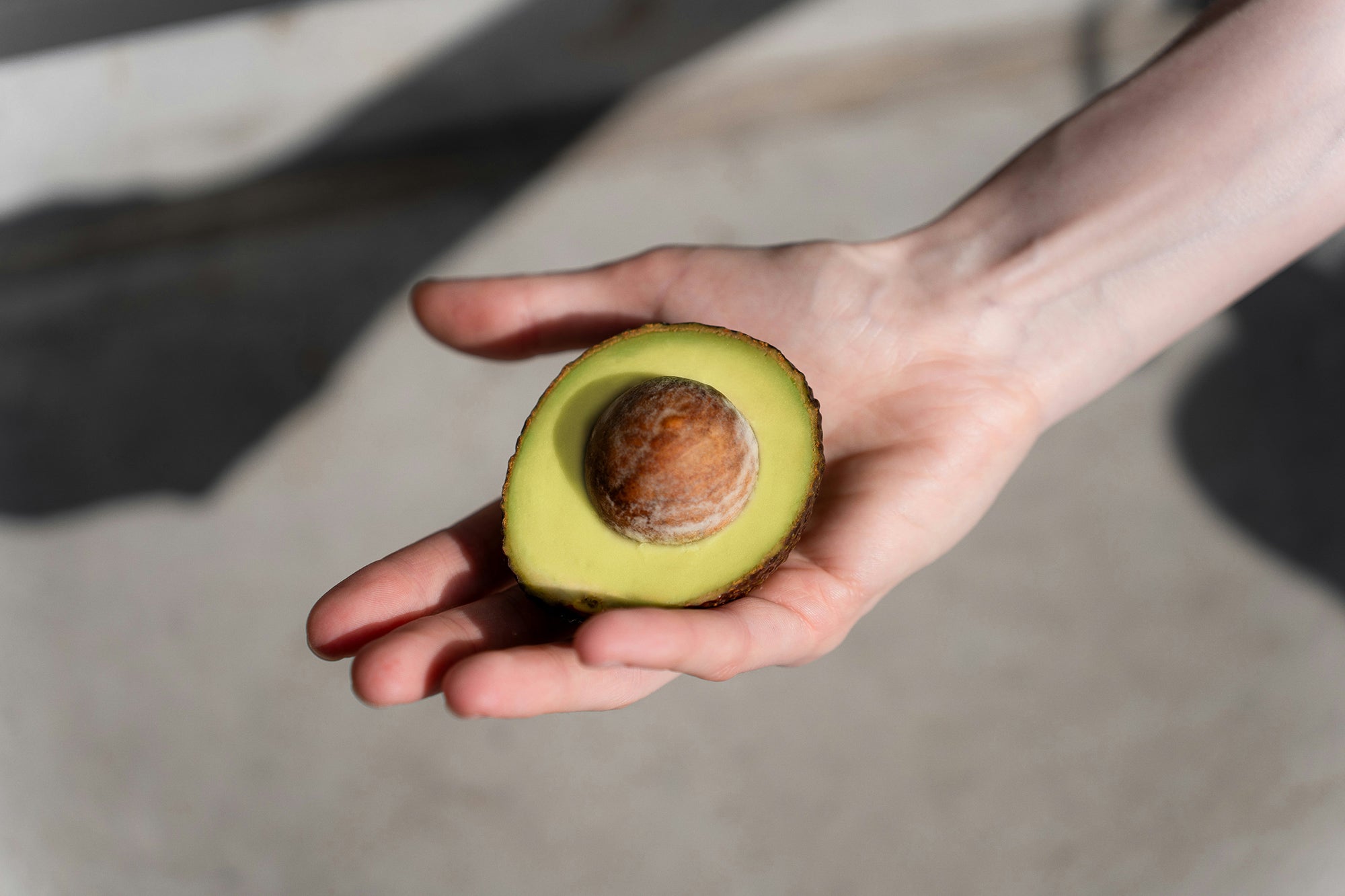If you've ever experienced uncomfortable digestive symptoms after enjoying a glass of milk or a slice of cheese, you're certainly not alone. For millions of people worldwide, dairy products can trigger bloating, gas, and digestive discomfort due to lactose intolerance. The solution to this common challenge lies in understanding a crucial digestive enzyme called lactase.
What Is Lactase?
Lactase is a specialized digestive enzyme that your body produces naturally in the small intestine. This enzyme serves one primary purpose: breaking down lactose, the natural sugar found in milk and dairy products. Think of lactase as a molecular pair of scissors that cuts lactose into two smaller, more manageable pieces.
When lactase does its job properly, it splits lactose into two simple sugars: glucose and galactose. These simpler sugars are easily absorbed by your intestines and used by your body for energy. Without adequate lactase activity, lactose remains undigested and can cause the uncomfortable symptoms associated with lactose intolerance.
The Science Behind Lactase Function
Understanding how lactase works requires a basic knowledge of carbohydrate digestion. Lactose is what scientists call a disaccharide, meaning it's composed of two sugar molecules linked together by a specific type of chemical bond called a β-1→4 glycosidic bond. This bond is like a molecular lock that can only be opened by the right key – in this case, lactase.
The lactase enzyme binds to lactose molecules and uses water to break these bonds through a process called hydrolysis. This reaction happens millions of times in your small intestine every time you consume dairy products. For people with sufficient lactase production, this process occurs seamlessly. However, when lactase levels are insufficient, undigested lactose travels to the colon, where gut bacteria ferment it, producing gas and other byproducts that cause digestive discomfort.
Lactase Production Throughout Life
Most mammals, including humans, are born with high levels of lactase activity. This makes perfect biological sense, as babies need to digest the lactose in breast milk for proper nutrition and growth. However, for most people worldwide, lactase production naturally declines after weaning, typically between ages 2 and 5.
This reduction in lactase production is actually the normal pattern for most humans throughout history. What's considered unusual from an evolutionary perspective is lactase persistence – the continued production of lactase into adulthood. Lactase persistence developed in certain populations, particularly those with a long history of dairy farming, through genetic adaptations over thousands of years.
Today, lactase persistence varies significantly among different ethnic groups. In some European populations, up to 90% of adults maintain lactase production throughout their lives. In contrast, in many Asian, African, and Native American populations, lactose intolerance affects 65-99% of adults. These differences reflect the evolutionary history and traditional diets of different populations.
Understanding Lactose Intolerance
Lactose intolerance occurs when your body doesn't produce enough lactase to properly digest the lactose in dairy products. The severity of symptoms can vary widely among individuals, depending on factors such as:
-
The amount of lactase your body produces
-
The quantity of lactose consumed
-
Individual gut sensitivity
-
The presence of other foods in your digestive system
Common symptoms of lactose intolerance include bloating, gas, abdominal cramps, diarrhea, and nausea. These symptoms typically appear 30 minutes to 2 hours after consuming lactose-containing foods and can last several hours.
It's important to note that lactose intolerance is different from a milk allergy. Milk allergies involve an immune system response to milk proteins, while lactose intolerance is simply a digestive issue related to carbohydrate processing.
The Role of Lactase Supplements
For people with lactose intolerance, lactase supplements can be a game-changer. These supplements contain the lactase enzyme in concentrated form, allowing you to enjoy dairy products without experiencing uncomfortable symptoms.
Lactase supplements work by providing your digestive system with the enzyme it needs to break down lactose. When taken before or with lactose-containing foods, these supplements can significantly reduce or eliminate the symptoms of lactose intolerance.
Research has consistently shown that lactase supplements are effective for managing lactose intolerance. Clinical studies demonstrate that taking lactase before consuming dairy products can prevent symptoms such as bloating, gas, and diarrhea in lactose-intolerant individuals.
Factors That Affect Lactase Effectiveness
Several factors can influence how well lactase supplements work:
pH Sensitivity: Lactase enzymes are sensitive to stomach acid. Some lactase supplements may be less effective when taken on an empty stomach due to the high acidity level. This is why many lactase products recommend taking them with food.
Timing: For optimal effectiveness, lactase supplements should be taken just before or at the beginning of a meal containing dairy products. Taking them too early or too late may reduce their effectiveness.
Dosage: The amount of lactase needed varies depending on the amount of lactose being consumed and individual sensitivity levels. Different products contain varying amounts of lactase activity, measured in units such as FCC ALU (Food Chemical Codex Acid Lactase Units).
Product Quality: Not all lactase supplements are created equal. The source of the enzyme, manufacturing processes, and storage conditions can all affect the activity and stability of the lactase enzyme.
Beyond Lactose Intolerance: Other Potential Benefits
While lactase is primarily known for its role in managing lactose intolerance, research suggests it may have additional benefits for digestive health. Some studies indicate that lactase supplementation might help with:
-
Overall digestive comfort when consuming dairy products
-
Supporting gut health by preventing undigested lactose from reaching the colon
-
Allowing people to maintain calcium and protein intake from dairy sources
However, it's important to note that these statements have not been evaluated by the FDA, and lactase supplements are not intended to diagnose, treat, cure, or prevent any disease.
Optimizing Your Lactase Strategy
If you're considering lactase supplements, here are some tips for optimal results:
-
Start with the recommended dosage on the product label and adjust as needed based on your individual response and the amount of dairy consumed.
-
Take supplements at the right time – ideally just before or with your first bite of dairy-containing food.
-
Consider the lactose content of different foods. Ice cream and milk contain more lactose than aged cheeses or yogurt.
-
Be consistent with high-quality supplements from reputable manufacturers who follow strict quality standards.
-
Monitor your response and adjust timing or dosage as needed for optimal comfort.
The Future of Lactase Research
Scientists continue to study lactase and its applications in both human health and food technology. Current research areas include:
-
Developing more stable and effective lactase formulations
-
Understanding the relationship between gut bacteria and lactose processing
-
Exploring the potential for naturally increasing lactase production
-
Investigating lactase applications in food manufacturing
Some interesting research suggests that regular consumption of small amounts of lactose-containing foods might help some people develop better tolerance over time by encouraging the growth of lactose-digesting bacteria in the colon. However, this colonic adaptation doesn't increase actual lactase production in the small intestine.
Making Informed Choices
When selecting lactase supplements, look for products that:
-
Clearly state the lactase activity per serving
-
Come from reputable manufacturers with quality control standards
-
Have been third-party tested for purity and potency
-
Include clear usage instructions
-
Are stored properly to maintain enzyme activity
Remember that individual responses to lactase supplements can vary, and what works best for one person may not be optimal for another. It may take some experimentation to find the right product and dosage for your specific needs.
Take Control of Your Digestive Comfort
Understanding lactase and how it works empowers you to make informed decisions about managing lactose intolerance. Whether you're dealing with mild dairy sensitivity or more significant lactose intolerance, the right lactase supplement can help you enjoy the foods you love without discomfort.
Discover Houston Enzymes' Superior Lactase Solutions
Ready to experience the difference that professionally formulated enzyme supplements can make? Houston Enzymes offers scientifically-backed digestive enzyme products developed by Dr. Devin Houston, an enzyme biochemist with over 30 years of research experience.
TriEnza is our comprehensive digestive enzyme formula that includes lactase along with other essential enzymes to support the complete digestion of proteins, carbohydrates, fats, and polyphenols. This broad-spectrum enzyme blend helps break down not just dairy products, but also gluten-containing foods and other challenging-to-digest components. With increased lactase activity in our latest formulation, TriEnza provides enhanced support for those with lactose sensitivity while offering comprehensive digestive support for a wide variety of foods.
Zyme Prime is specifically formulated to excel at carbohydrate breakdown and contains lactase to help those with lactose intolerance enjoy dairy products more comfortably. This targeted formula supports the digestion of complex carbohydrates, starches, and fats while helping to reduce gas and bloating from beans, grains, and dairy products.
Both products are carefully formulated to ensure optimal enzyme activity and stability, giving you the confidence to enjoy a wider variety of foods without digestive discomfort.
Don't let digestive discomfort limit your food choices. Visit www.houston-enzymes.com to learn more about our complete line of enzyme products and find the solution that's right for you. Experience the Houston Enzymes difference – where science meets digestive wellness.
These statements have not been evaluated by the FDA. This product is not intended to diagnose, treat, cure, or prevent any disease.


